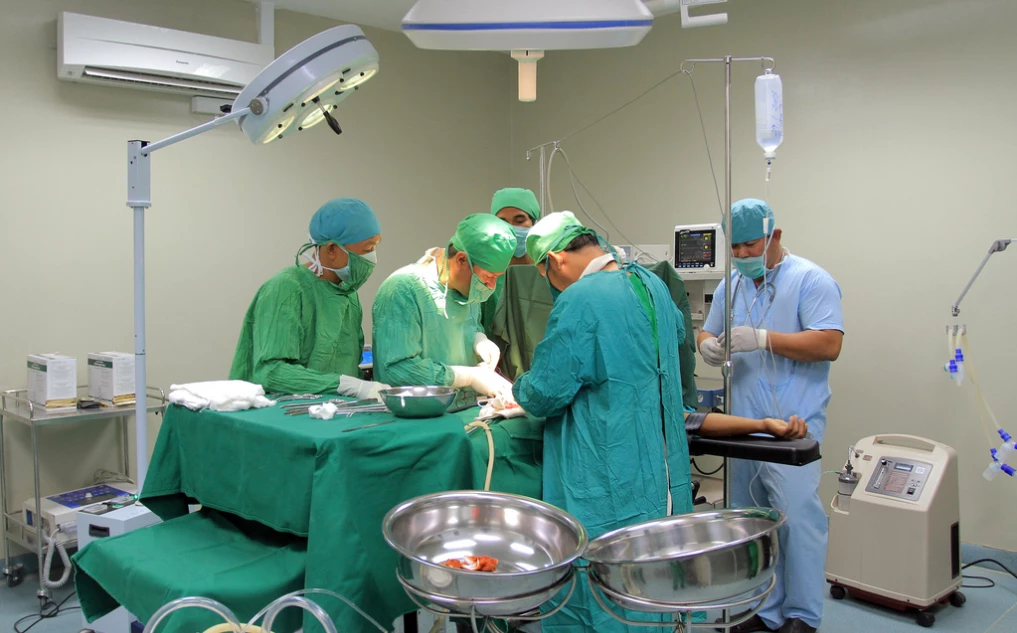Also available in: Español

Public schools in the Province of Buenos Aires generally provide school books and other learning materials to students free of charge. This is important, as the poorest 40 percent of Argentina’s population relies disproportionately upon public services such as education. But, what happens when schools cannot purchase books for students?
Fixed expenditures, including personnel costs, generally leave limited space for other quality-enhancing education expenditures, such as school books and training materials. Faced with an unexpected pressure on such fixed expenditures in 2013, some schools were suddenly forced to cut down significantly on teacher training materials and other educational resources generally provided free of charge. As a result, a number of parents were suddenly forced to decide between purchasing learning materials for their children’s education, or paying bills.
This scenario illustrates how budget credibility and shifts in expenditure programs beyond their intended use, like other components of public financial management (PFM) system performance, directly impact service delivery. It follows that enhancing government accountability through PFM reforms can improve service delivery by helping contribute to the efficient allocation, appropriate use, and transparency of government resources.

In the last decade, Argentina’s largest province has made significant improvements to its PFM systems. Indeed, Buenos Aires’s budget is now a credible instrument and good predictor of the actual allocation of provincial resources. However, non-compliance with the budget often leads to shifts across expenditure categories, which has historically manifested itself as negative adjustments to goods and services to compensate for upward pressure on salaries.
Ample progress has been made with external oversight and audits as well. With the technical assistance of the World Bank, the province has piloted new audit tools and control functions. Its Honorable Court of Accounts ( Honorable Tribunal de Cuentas, HTC), the judicial body that provides external control of the public sector, has also begun to modernize its once strictly legal and financial compliance-based controls and pilot performance audits of public programs. Such external audits help identify managerial or procedural bottlenecks affecting public service programs and providers, as well as propose recommendations to improve their overall functioning.
Based on good practices from the International Organization of Supreme Audit Institutions, these pilot audits have already evaluated the effectiveness, efficiency, and economy of the Directorate of Roads and a municipal-level Maternal and Child Health Program. More audits are planned for the Program for the Prevention, Diagnosis, and Treatment of Diabetic Patients, and for a municipally-run hospital for trauma and emergencies, in Greater Buenos Aires. The end result is improved service delivery: resources are allocated better and spent on their intended purposes, providing the most value-for-money.
Inefficiencies in health and education service delivery are felt most by the poorest—those most likely to rely upon public services—so addressing them will benefit the poor the most. But how do we directly link PFM performance to improved service delivery?
The Public Resource Mobilization and Management Unit of the World Bank’s Global Governance Practice has sought to uncover potential links between PFM performance and service delivery outcomes. A PFM assessment of the Province of Buenos Aires’s health and education sectors has pushed this agenda forward by helping identify some preliminary linkages. Being able to measure the tangible effects of such reforms—decreases in the amount of transfers between budget lines throughout the fiscal year, for example—help us make sure that those school teachers consistently and predictably receive their teaching materials every year.
Improving service delivery and alleviating poverty are complex efforts that require multifaceted PFM reforms. They also require other types of interventions alongside PFM ones. Our team is always looking for new evidence and information about successful and unsuccessful reforms. What have your experiences been? We invite you to share your thoughts and be a part of the discussion.
Tweet these:
Budget credibility, like other components of PFM system performance, impacts service delivery.
Enhancing government accountability through PFM reforms can improve service delivery.
Inefficiencies in health and education service delivery are felt most by the poorest.




Join the Conversation